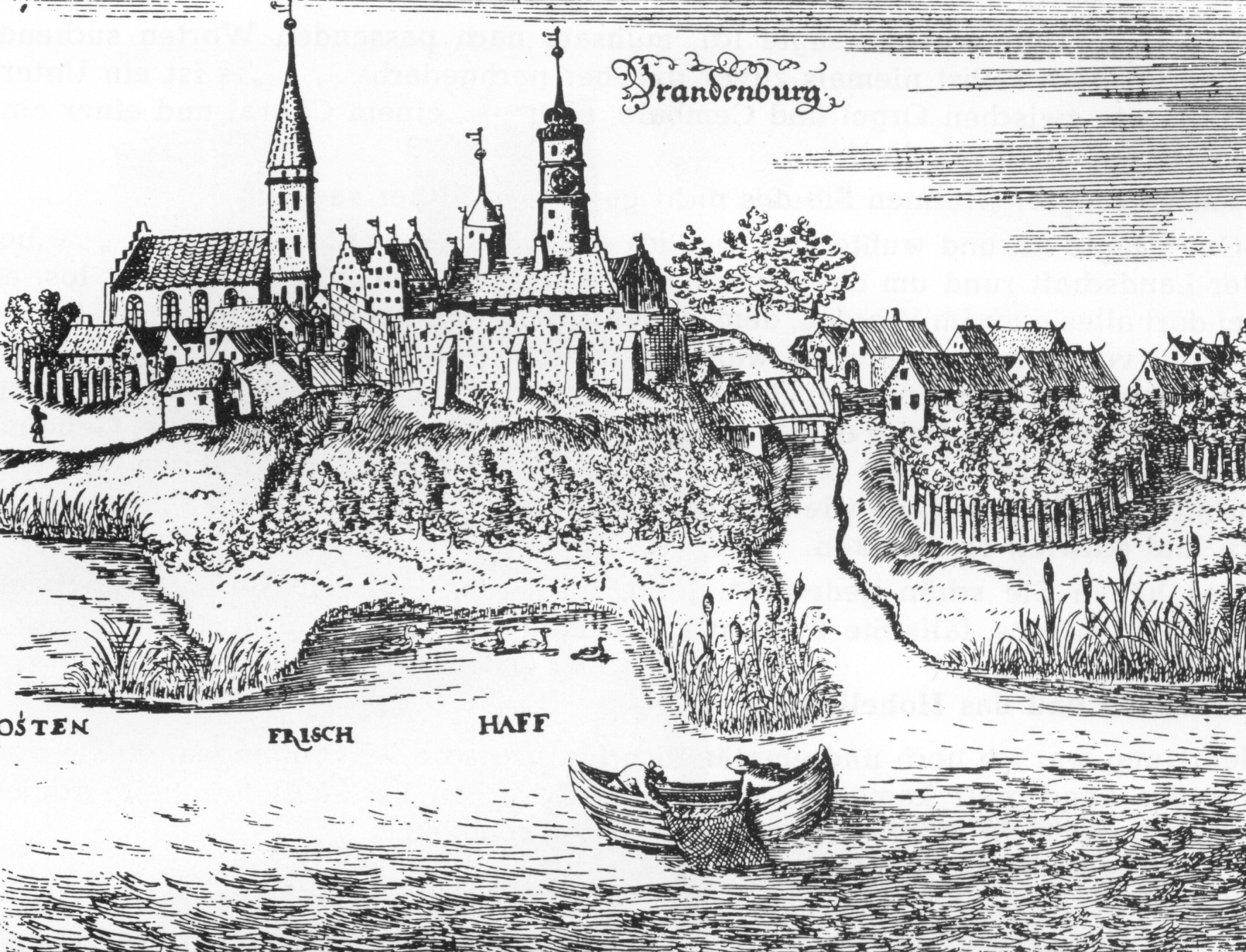Lischke (settlement) on:
[Wikipedia]
[Google]
[Amazon]
 Lischke (lisca, liske) was a type of
Lischke (lisca, liske) was a type of
referring to: *Ludat, Herbert: Vorstufen und Entstehung des Städtewesens in Osteuropa. Köln-Braunsfeld 1955. *Weise, Erich (Hrsg.): Handbuch der historischen Stätten: Ost- und Westpreußen. Stuttgart 1966 (unveränderter Nachdruck).Max Töppen, "Über preußische Lischken, Flecken und Städte: Ein Beitrag zur Geschichte der Gemeindeverfassungen in Preußen", in: ''Altpr. Nachr.'' IV(1867).
"Herr"
in: Karl Friedrich Wilhelm Wander "Deutsches Sprichwörter-Lexikon" ("Dictionary of German Proverbs"), 1867
 Lischke (lisca, liske) was a type of
Lischke (lisca, liske) was a type of Old Prussian
Old Prussian was a Western Baltic language belonging to the Baltic branch of the Indo-European languages, which was once spoken by the Old Prussians, the Baltic peoples of the Prussian region. The language is called Old Prussian to avoid con ...
settlement. Lischkes were spontaneously grown settlements in geographically strategic places, so that often they have grown into towns. Often they grew under the protection of castles. The population was mainly innkeepers, craftsmen and merchants.Rolf Siemon: Lischkereferring to: *Ludat, Herbert: Vorstufen und Entstehung des Städtewesens in Osteuropa. Köln-Braunsfeld 1955. *Weise, Erich (Hrsg.): Handbuch der historischen Stätten: Ost- und Westpreußen. Stuttgart 1966 (unveränderter Nachdruck).Max Töppen, "Über preußische Lischken, Flecken und Städte: Ein Beitrag zur Geschichte der Gemeindeverfassungen in Preußen", in: ''Altpr. Nachr.'' IV(1867).
Etymology
The word entered German language during the invasion ofTeutonic Knights
The Order of Brothers of the German House of Saint Mary in Jerusalem, commonly known as the Teutonic Order, is a Catholic religious institution founded as a military society in Acre, Kingdom of Jerusalem. It was formed to aid Christians on ...
into the lands of Old (Baltic) Prussians and is derived from Old Prussian
Old Prussian was a Western Baltic language belonging to the Baltic branch of the Indo-European languages, which was once spoken by the Old Prussians, the Baltic peoples of the Prussian region. The language is called Old Prussian to avoid con ...
''liscis'' / ''liskis'', which in this context means "camp". The direct meaning of the word, common to Baltic languages
The Baltic languages are a branch of the Indo-European language family spoken natively by a population of about 4.5 million people mainly in areas extending east and southeast of the Baltic Sea in Northern Europe. Together with the Slavic lang ...
, is "nest
A nest is a structure built for certain animals to hold eggs or young. Although nests are most closely associated with birds, members of all classes of vertebrates and some invertebrates construct nests. They may be composed of organic materia ...
", and in German the word "Lischke" also retained in the meaning of a basket
A basket is a container that is traditionally constructed from stiff fibers and can be made from a range of materials, including wood splints, runners, and cane. While most baskets are made from plant materials, other materials such as horsehai ...
without wooden handle worn on a cord over shoulder.in: Karl Friedrich Wilhelm Wander "Deutsches Sprichwörter-Lexikon" ("Dictionary of German Proverbs"), 1867
See also
*Posad
A posad (russian: посад, uk, посад) was a historical type of settlement in East Slavic lands since the Ancient Rus, often surrounded by ramparts and a moat, adjoining a town or a kremlin, but outside of it, or adjoining a monastery ...
References
{{reflist Types of populated places !